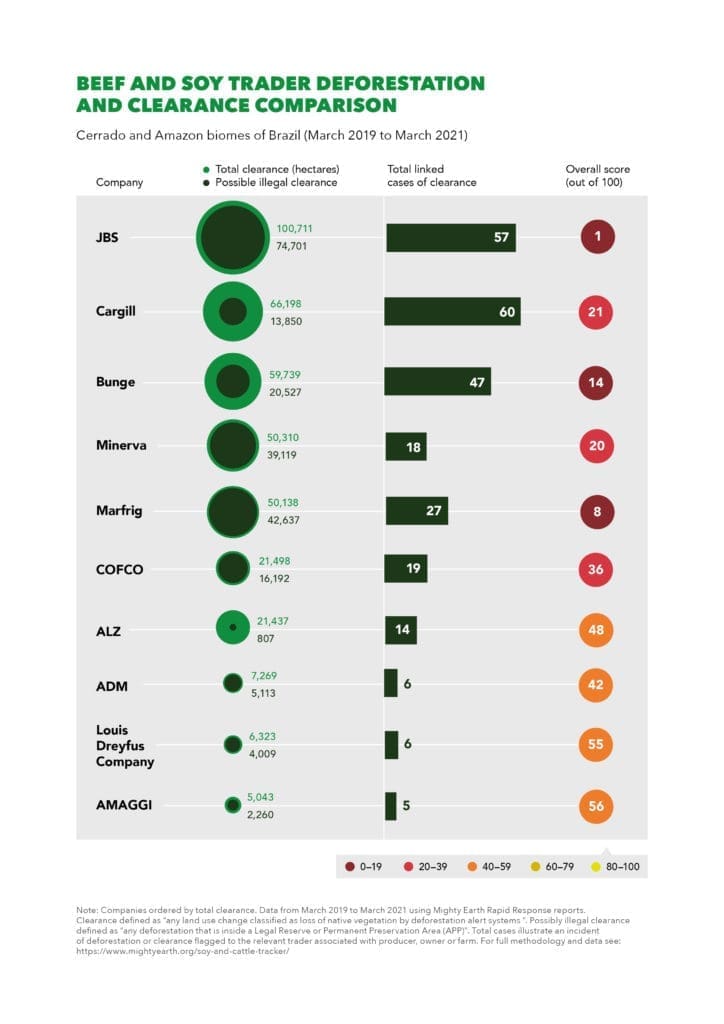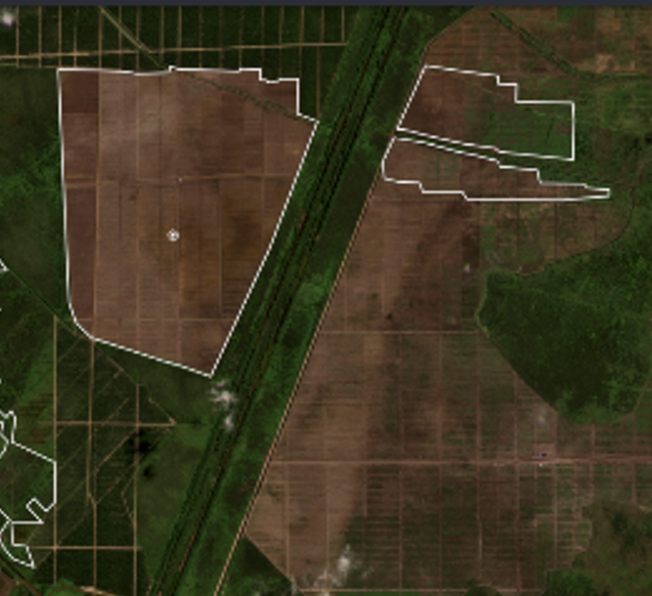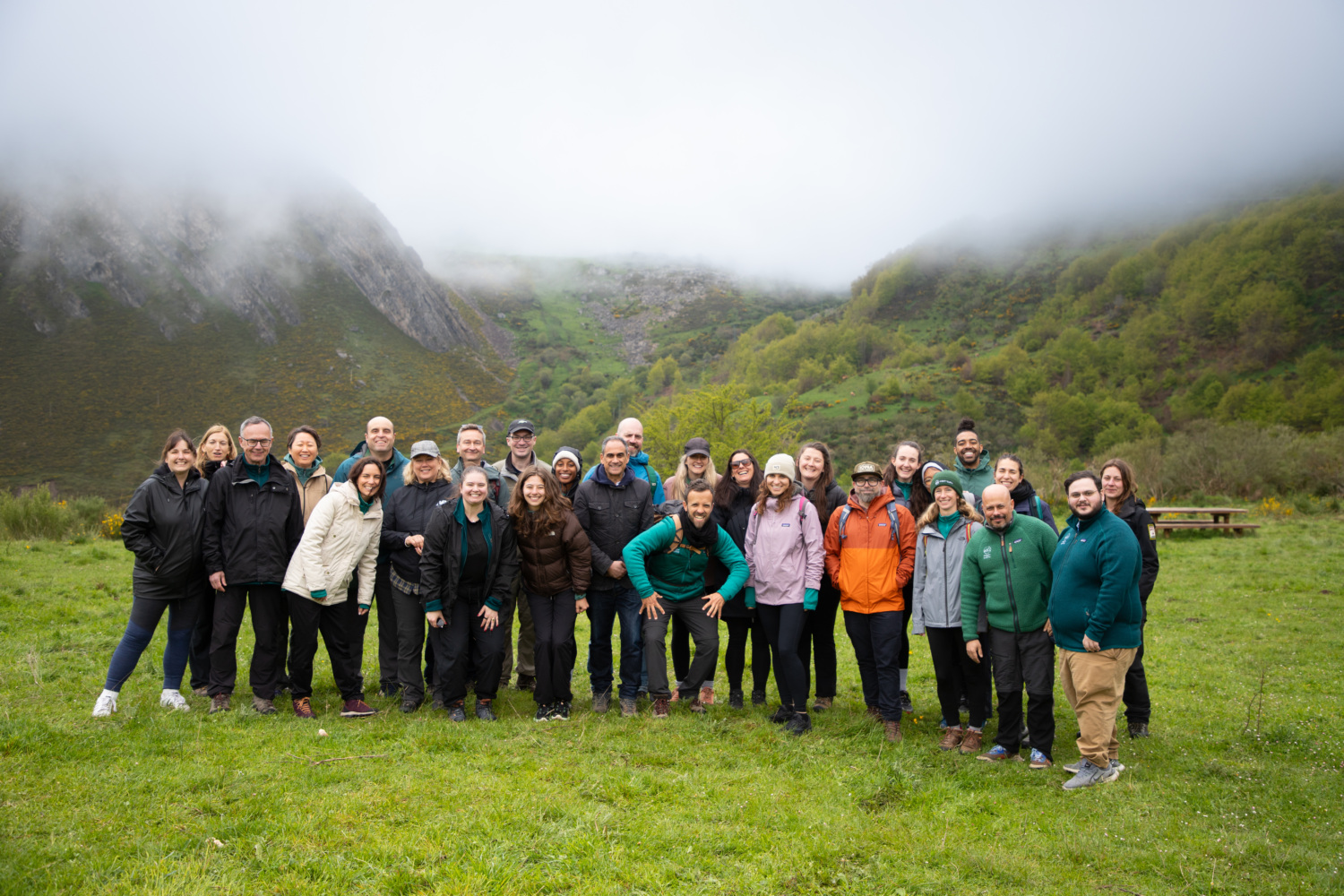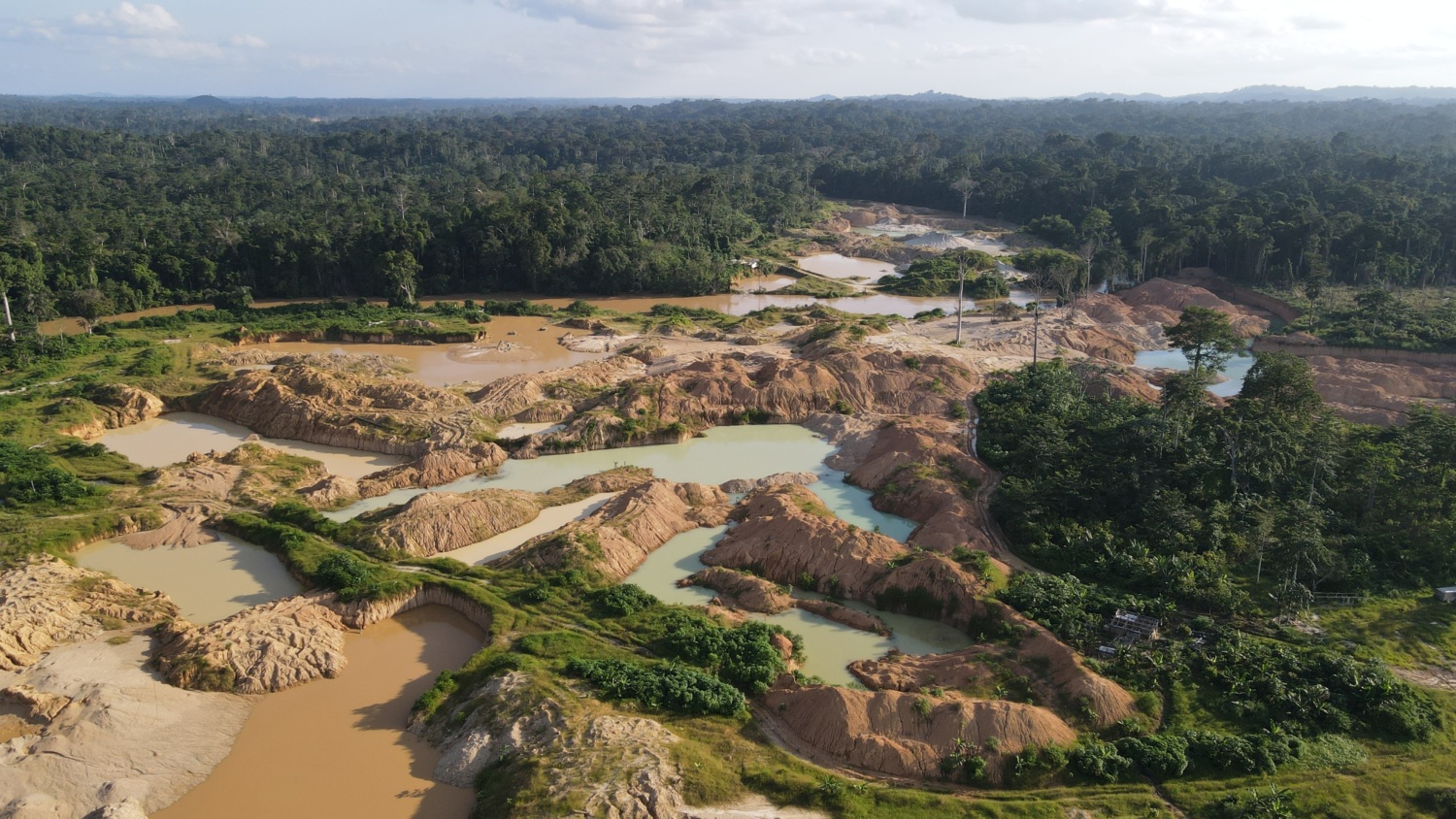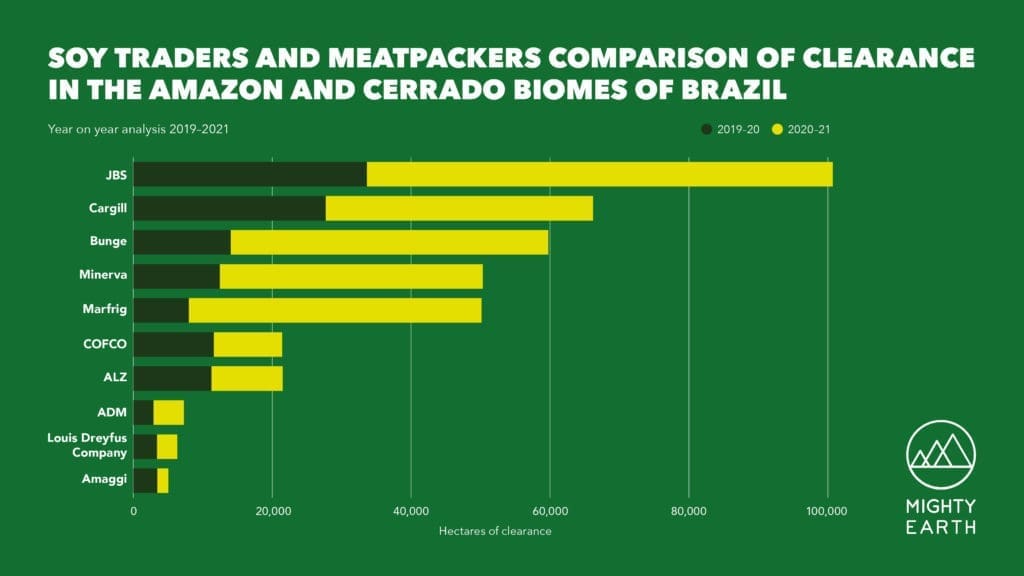
Mighty Earth’s new monitoring data reveals deforestation connected to soy trader and meatpackers in Brazil more than doubled over two-year period
The largest soy traders and meatpackers in Brazil have failed on their promises to end deforestation in their supply chains and continue to do business with suppliers that are destroying rainforests and savanna.
A review of the past two years of monitoring data (March 2019-March 2021) demonstrates that deforestation detected in companies’ supply chains more than doubled in the second year of monitoring compared to the first. However, despite this escalating crisis, only one case of deforestation has ever been resolved by these companies out of the 235 recorded by our monitoring.
The updated tracker includes new data from Mighty Earth’s three latest Rapid Response reports, released in partnership with Aidenvironment. The new data builds on the original version of the tracker and policy brief released in December 2020 to encompass a full two years of monitoring (March 2019-March 2021.)
Key Findings:
- The tracker update reveals that major soy traders and meatpackers are linked to more than 314,000 hectares deforestation in the Brazilian Amazon and Cerrado over the past two years (March 2019 to March 2021) — an area larger than twice the size of London. Yet, out of 235 cases of deforestation that Mighty Earth has sent to companies, only one has ever been resolved.
- The data reveals a pattern of escalating amounts of deforestation carried out by soy trader and meatpacker suppliers. On average, deforestation connected to supply chains of soy traders and meatpackers more than doubled over a two-year period of monitoring. This pattern mirrors increasing rates of deforestation in the Amazon and Cerrado biomes overall during this time periodi.
- JBS was the worst-scoring meatpacker and company overall. It has been linked to 100,000 hectares of clearance the past two years – an area larger than all of Berlin. 75 percent of this clearance occurred in protected areas, making it potentially illegal under Brazilian law.
- Bunge and Cargill are the worst performing soy traders, despite their recent sustainability reports touting their nearly deforestation-free supply chains. Bunge is linked to almost 60,000 hectares of clearance – more than a third of which took place in protected areas. Meanwhile, Cargill is linked to more than 66,000 hectares of clearance — the largest amount out of any other soy trader.
- While no company performs well in the tracker, some are performing better than others, such as Amaggi and Louis Dreyfus out of the soy traders.
Many US supermarkets continue to buy from Bunge, Cargill, and/or JBS despite these numbers – including Costco, Walmart, and Kroger. Bunge, Cargill, and JBS are also major suppliers to European supermarkets, including Tesco, EDEKA, Carrefour and Albert Heijn (Ahold Delhaize.)

In addition to the worst-scorer JBS above, the other two meatpackers included in the tracker, Marfrig and Minerva, are also poor performers, having been connected to more than 50,000 hectares of clearance each. Most of this clearance is potentially illegal, having occurred in protected areas. Much of the deforestation included in the meatpackers’ scores is related to their indirect suppliers, which meatpackers currently cannot fully trace and therefore cannot monitor for deforestation.
Although Mighty Earth sends all instances of deforestation detected in our monitoring system to meatpackers and soy traders on a monthly basis, they very rarely take action on the suppliers responsible for the destruction. Only one case of deforestation has ever been resolved by a company, out of 235 cases to date that Mighty Earth sent to companies in the past two years.
One example of this inaction is meatpackers continuing to source from Agropecuária Santa Bárbara Xinguara (AgroSB) – a company that has direct and indirect links to JBS, Marfrig, and Minerva. Mighty Earth and Aidenvironment have caught AgroSB deforesting or setting fires on six separate occasions during the past two years. AgroSB has also been accused of exploiting workers and money laundering.ii The clearance carried out by AgroSB now totals more than 2,800 hectares, more than 2,200 of which occurred in protected areas. The clearance could have been stopped long ago, but inaction from meatpackers allows business to continue as usual.
Similarly, Cargill and Bunge continue to source from SLC Agrícola despite repeated deforestation cases connecting the supplier to more than 11,000 hectares of clearance over our two years of monitoring. Furthermore, SLC Agrícola is associated with a $200 million land grabbing corruption schemeiii. While SLC Agrícola committed to stop deforesting in 2020, it admitted it still had more clearing to do before implementing the commitment and has actively opposed a deforestation cut-off date in the Cerradoiv. It also recently bought 8 new properties through its acquisition of Terra Santa Agro, one of which overlaps with more than 18,000 hectares of Indigenous land in Mato Grossov.
AgroSB and SLC Agrícola are examples of how the agricultural groups and property owners implicated in deforestation cases are often also connected to land conflicts, labor rights violations, government bribery and environmental crimes, which are further detailed in our Rapid Response reports.
Beyond the issue of deforestation, many cases added to the tracker involve the concerning use of fire. About half of the deforestation cases from Rapid Response reports added to the latest tracker update also involved fire incidences. Often, producers use fire to clear debris from bulldozed trees after they’ve deforested. Fires set by agricultural companies can often spread out of control, resulting in the destruction of land and air quality of Indigenous and local communitiesvi. The worst performers in the tracker tended to be linked to more fire incidences. For instance, 63 percent of new cases connected to Bunge included in the updated tracker involved fire events on the property. Meanwhile, 55 percent of new cases connected to JBS involved fires.
Ultimately, no company featured in the tracker can claim a clean supply chain. All companies in the tracker lack full traceability of their direct and/or indirect supply chain and therefore are limited in their validation and investigation of our reports of deforestation. Even the best performer in the tracker, soy trader Amaggi, still only earns a total of 56 points out of 100 points and is connected to more than 5,000 hectares of clearance.
The Solution
The buyers and financiers of the soy traders and meatpackers must take significant action that includes contractual penalties if significantly more progress on their zero-deforestation commitments is not made by supplying traders and meatpackers. They should ensure that the soy traders and meatpackers in their supply chain:
1) Agree to a cut-off date for deforestation in the Cerrado with a 2020 cut-off date
2) Adopt zero deforestation and zero conversion commitments for all sourcing areas, including those outside of Brazil.
2) Adopt a suspend–then–engage approach to suppliers with widespread conversion, either legal or illegal
3) Develop a publicly available joint-monitoring system that includes transparent traceability to farm-level for all suppliers
4) Commit to the advancement of corporate and government policies that protect Indigenous land and secure workers’ rights
Want to learn more about our methodology?
Visit: https://mightyearth.org/methodology/
*Data reflects company responses as of April 15 2021
Want to take action?
Visit our petition page: https://actionnetwork.org/petitions/tell-cargill-bunge-jbs-to-act-to-stop-deforestation-in-latin-america
